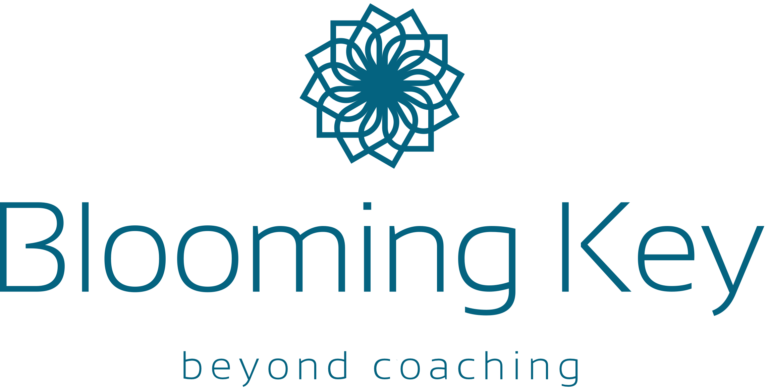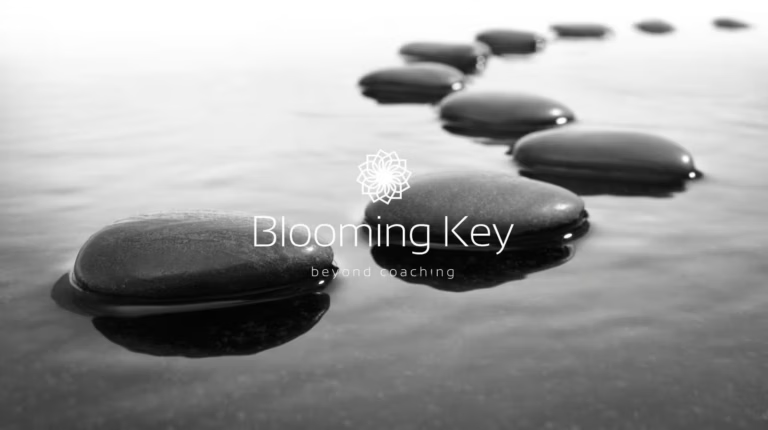At some point everybody needs to cope and manage stress levels – it’s a normal part of navigating life.
Have you ever met a person who has not had a stressful period in their life? The answer to this question is most definitely, no. we all have to deal with stressful situations in life, whether it is early on or more frequently than most people do. Even if you are a relatively calm and easy-going person, odds are that at some point there will be some occasions that disrupt your flow. The key to dealing with stress lies in being able to cope with it.
Avoid jumping to conclusions
Do you find yourself picturing dozens of other alternatives a situation could have happened? Such over-active thinking is a huge part of the cause of stress. The moment you find yourself contemplating all of the various possibilities that things could have taken, stop yourself. It can be hard to do but making a regular practice of this will build the strength you need to cope with stress. Learn to let yourself experience certain situations and people with your guard down. This will help create a peaceful state of mind with activities that you previously found stressful.
Learn to focus
Telling a person to focus when they experience stress sounds odd, doesn’t it? However, harnessing your attention to focus on the present moment is one powerful way of dealing with stressful situations. Not being able to focus is a common occurrence during moments of intense stress. This helps in preventing your mind from wandering and thinking about what could have been.
Develop awareness
It may seem strange but, one major point that will allow you to beat stress is making yourself aware of your actions and thoughts during situations. You need to stop and take a look at your behavior to begin your journey towards improvement. You might notice some physical responses or irrational thoughts which will need to be worked on. To understand how to deal with your responses, you first need to introspect, reflect and listen to yourself. Doing this will help strengthen the next time you are faced with stress.





